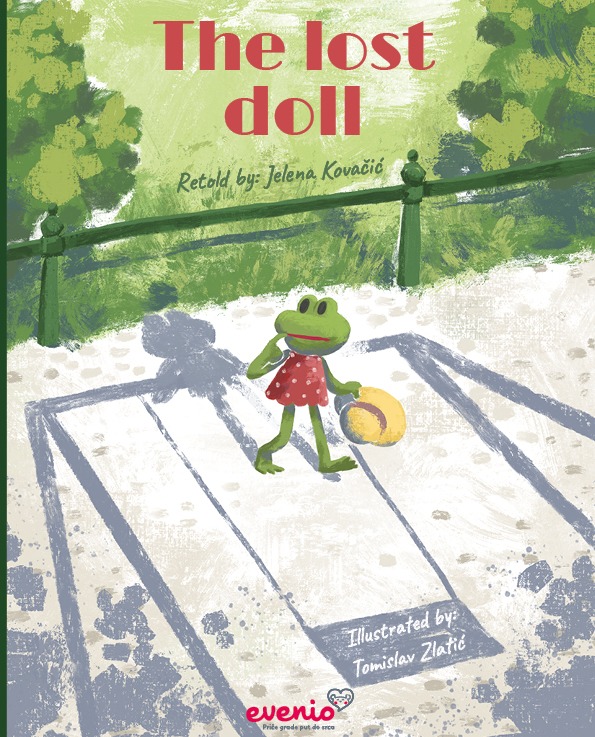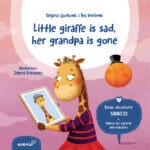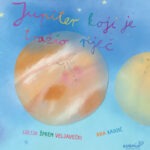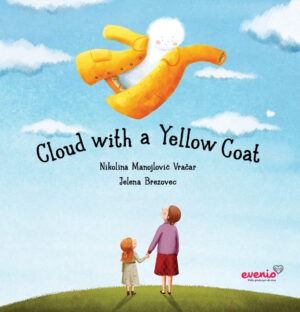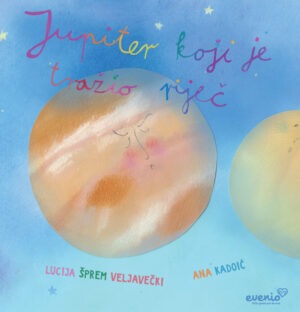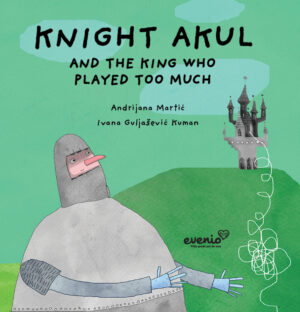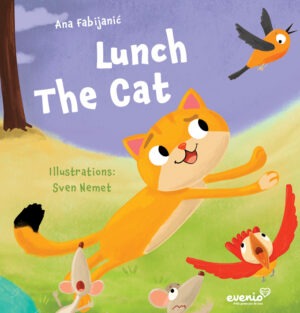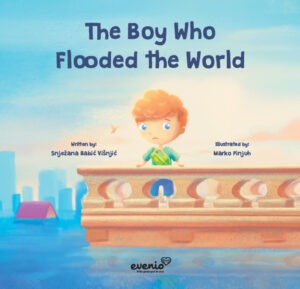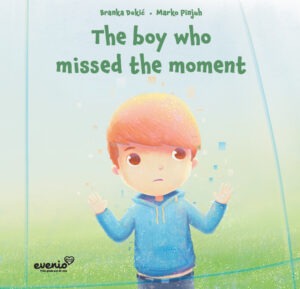The lost doll
The story about loss, hope and belonging
| Author | Jelena Kovačić |
|---|---|
| Illustrator | Tomislav Zlatić |
| Original Title | Izgubljena lutkica |
| ISBN | 978-953-8008-62-7 |
| Format | hardcover |
| Pages | 36 |
| Size | 21x26 cm |
| Age range | Beginning readers (5 – 7) |
Get in touch
We can’t wait to explore new opportunities together!
| Category | Heartworming stories |
|---|---|
| Tag | Renowned Croatian authors |
One warm autumn afternoon, Mr. Franz saw a crying little girl in a large city park. The girl’s name was Greta and she had lost her only and most beloved doll. Or at least she thought she had lost her… You see, Mr. Franz knew that the doll had gone on a journey, that she hadn’t left and forgotten her Greta. From that day on, Franz read the doll’s letters to the girl about the places she had visited and her adventures.
Did Mr. Franz manage to comfort the girl? Will the doll return? What will she bring from her travels? Find out in this story about loss, grief, and transiency that will also remind us that memories, care, and love are what hold us together on our journey through life.
* * *
A few months before his death, 40-year-old Franz Kafka moved from Prague to Berlin to live with his girlfriend, 25-year-old kindergarten teacher Dora Diamant. Franz and Dora lived near Steglitz Park from September 1923 to March 1924, when his tuberculosis worsened significantly. Three months later, Kafka died in a sanatorium near Vienna. Dora was by his side until the end.
While living in Berlin, quite weak and sick with tuberculosis, and perhaps feeling that his life was coming to an end, Kafka reportedly took daily walks in Steglitz Park where one day he encountered a crying girl who had lost her doll. Kafka decided to comfort the girl by assuring her that the doll was not lost but had gone out into the world. Every day, he wrote and read letters to the girl in which the doll told the girl about her adventures.
The story of the girl and the doll was told after Kafka’s death by Dora, who was allegedly a participant in the event. She told it to the French critic and translator Marthe Robert, and later a slightly different version of the same story to the executor of Kafka’s will, Max Brod.
However, not a single letter, diary or literary record of the event has been found. The girl has never been identified, and no evidence has been found that this really happened.
Although very small, there is a chance that the letters about the traveling doll, as well as Kafka’s complete opus from the time he lived in Berlin, are in the archives of former East Germany or even Russia, but until the manuscripts appear, we cannot know whether the story is true. The search for Kafka’s last manuscripts continues to this day and is actively carried out by several universities, institutes, and individuals.
Because of all of the above, the story “The Lost Doll” is written as if it happened, but also as if it did not happen. It is a mixture of fact, fiction, imagination, and myth, and opens up a space for us to meet a different, gentle, and compassionate Kafka.
In addition to a story about how traveling changes us, this is also a story about loss, coping with grief, and belonging.

Author: Jelena Kovačić
Jelena Kovačić is the editor, co-owner, and director of Evenio, a publishing company based in Varaždin, Croatia. She studied history and Croatian language, but her professional journey led her to entrepreneurship and publishing.
In Evenio, Jelena’s role involves reading stories, editing them, and collaborating with illustrators to bring these narratives to life. She finds joy in guiding picture books from the initial manuscript to receiving feedback from parents and children.
Under her leadership, Evenio specializes in publishing therapeutic and educational picture books aimed at developing children’s socio-emotional skills. Jelena emphasizes the importance of children immersing themselves in the unique magic of picture books daily. In addition to her editorial work, Jelena has ventured into writing. She retold the story “The Lost Doll,” marking her debut in the world of writing.
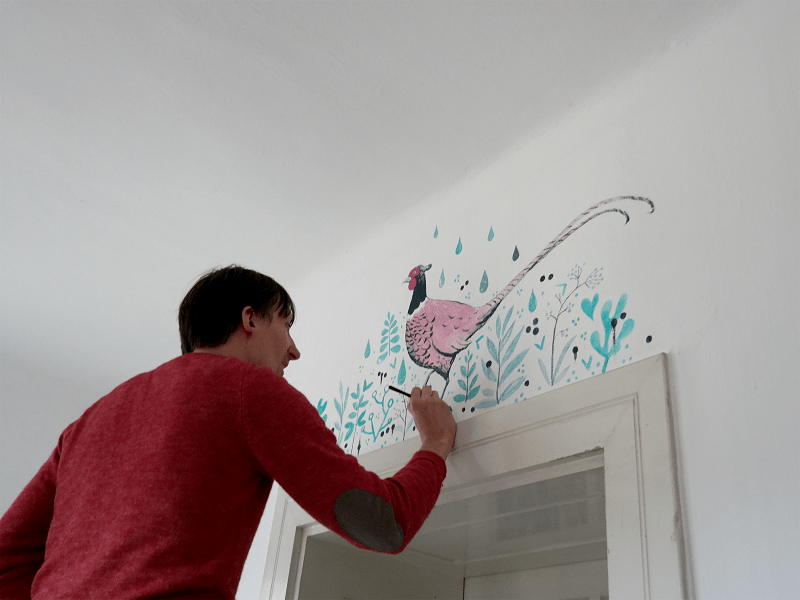
Illustrator: Tomislav Zlatić
Tomislav Zlatić, born in Zagreb, Croatia, is a distinguished illustrator and painter. He graduated from the Academy of Fine Arts in Zagreb in 2002 and has been professionally engaged in illustration, contributing to various picture books, textbooks, magazines, and storybooks published worldwide. Throughout his career, Zlatić has collaborated with numerous publishing houses, including Franklin Watts, Oxford University Press, HarperCollins, Macmillan, and Penguin Books. His versatility is evident in his work across different genres, such as picture books, middle-grade novels, and educational materials. In 2006, he was honored with the “Grigor Vitez” award for his illustrations in the book “Esperel – grad malih čuda” (“Esperel – The City of Little Wonders”) by Sanja Lovrenčić. Zlatić’s artistic approach is characterized by continuous experimentation with various media and techniques, always aiming to surprise himself and his audience. He finds inspiration in dynamic and ever-changing themes, embracing the challenges each new project presents.

